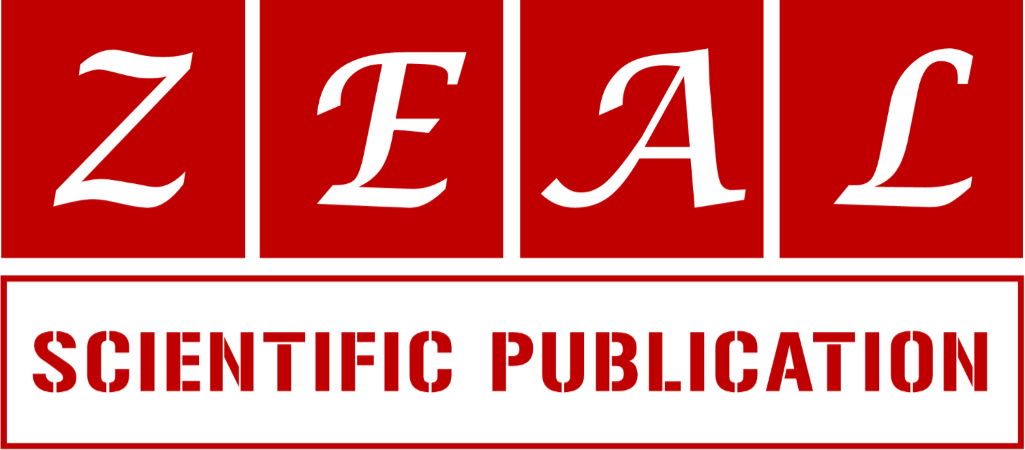Evaluation of water quality and ecological risk assessment index from highly oil-contaminated sites in the Niger Delta Nigeria
Department of Marine Environment and Pollution Control, Faculty of Marine Environmental Management, Nigeria Maritime University Okerenkoko, Warri, Nigeria.
Research Article
World Journal of Advanced Science and Technology, 2022, 01(01), 031–052.
Article DOI: 10.53346/wjast.2022.1.1.0022
Publication history:
Received on 12 December 2021; revised on 14 January 2022; accepted on 16 January 2022
Abstract:
Multi-element indices in an aquatic ecosystem provide insight into the synergistic effects of many ecological parameters. Using standard analytical techniques and pollution indicators, the eco-toxicological state of oil-contaminated water in three communities in Warri Southwest, Niger Delta, Nigeria, was assessed. Water samples were examined for physicochemical properties, heavy metals, PAH and TPH levels. The ANOVA results showed no significant difference (p >0.05) between the means of the physicochemical parameters and the study stations for the combined parameters. Out of the twenty-five parameters evaluated, the Nemerow Pollution Index (NPI) results revealed thirteen contributing parameters to overall water contamination in the research areas. Conductivity, TSS, TDS, DO, BOD, COD, Oil and Grease, Heavy Metals (Cu, Ni, Mn, and Cd), and Hydrocarbons are among them. These parameters also exceeded the maximum permitted limits set by NESREA. Heavy metal evaluation index (HEI) and geo-accumulation index (Igeo) in water were both found to be high. The PERI (potential ecological risk index) had values >100, indicating a high level of ecological risks. The study areas' overall water quality index (WQI) indicated poor to unsuitable water quality. Water pollution in the selected communities is attributed to various industrial and domestic activities along the waterways, crude oil spills, illegal refining, dredging, and ship and speed boat movement. Periodic monitoring and preventive measures are required in the study areas to keep the aquatic ecosystems from entirely degrading. Adequate legislation and proper effluent management could aid in the prevention of indiscriminate toxic compound discharge into water.
Keywords:
Heavy metals; Ecological Risk Assessments; Polycyclic Aromatic Hydrocarbon; Contamination; Toxicity
Full text article in PDF:
Copyright information:
Copyright © 2022 Author(s) retain the copyright of this article. This article is published under the terms of the Creative Commons Attribution Liscense 4.0
